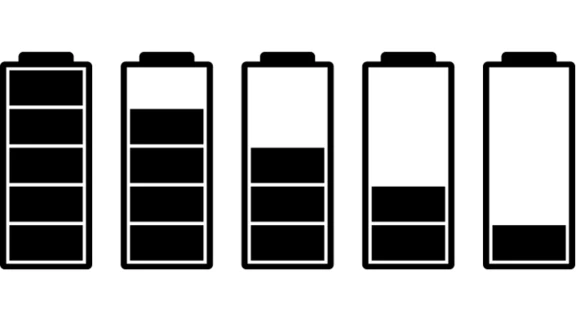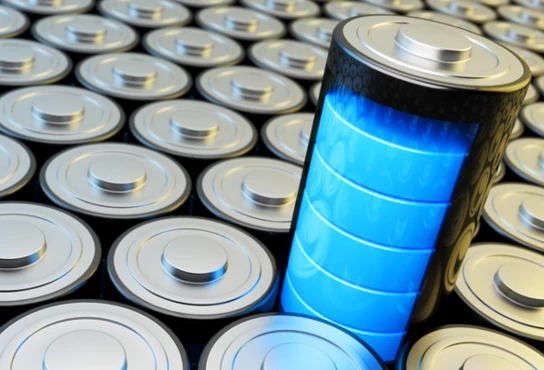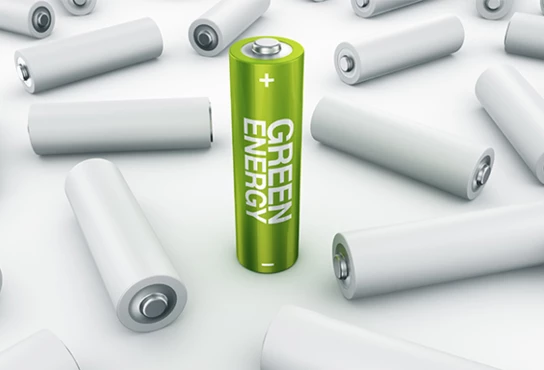The memory effect in batteries: what it is and how to prevent it
The memory effect, also known as the lazy battery effect or battery memory, occurs when a battery is repeatedly charged before its stored energy is expended. As a result, the battery will 'remember' the shorter life cycle. You may notice a much reduced operating time the next time you use it. Typically, performance is unaffected.

The difference between the memory effect and similar problems
The memory effect is observed in (rechargeable) nickel-cadmium and nickel-metal hybrid batteries. Yet, the genuine memory effect occurs only on rare occasions. More often than not, a battery will show effects that are merely similar to the 'real' memory effect. What is the main distinction? Often, these are only transient and can be reversed with good battery care, indicating that the battery is still usable.
To restore temporary capacity loss, a battery may need to be entirely discharged by leaving it in a torch. If this occurs, make sure to charge your battery. Overcharging can damage the battery, so be careful. Smart chargers can assist in providing just the right quantity of energy required to achieve optimal capacity.
The memory effect is almost non-existent in eneloop batteries.
Do Panasonic eneloop batteries suffer from the memory effect?
However, you do not need to be concerned about the memory effect of Panasonic eneloop batteries. Because the voltage of eneloop is higher than that of regular NiMH batteries, there is always enough voltage. As a result, the memory effect is almost non-existent in eneloop batteries. As a result, you may charge your batteries whenever you want.
When in doubt, or if you want to be absolutely confident that the battery is fully charged, you can always utilise the eneloop ‘refresh’ feature of the eneloop Pro Charger (BQ-CC65). This will completely drain the battery before charging it again.

Contact


